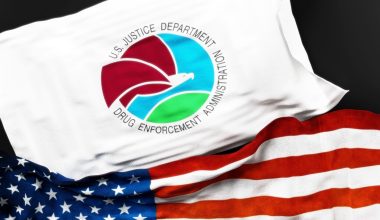
Amended regulations that took effect today greatly expand the pool of patients who are eligible to access medical cannabis products.
Under the new rules, announced by the Office of Cannabis Management, patients are no longer required to be diagnosed with one of a limited number of eligible ailments. Rather, going forward, the law “will allow the certification of a patient by a practitioner for any condition that the practitioner believes can be treated with medical cannabis.”
While some states, such as California and Virginia, permit physicians to make medical cannabis recommendations solely at their discretion, most do not.
NORML has repeatedly called for the lifting of eligible qualifying conditions lists. “Doctors already possess wide discretion when it comes to recommending and prescribing other medications, many of which pose far greater risks to health than does marijuana,” NORML’s State Policies Manager Jax James said. “A patient’s treatment options should not be limited by the government, but rather should be determined in confidence between a patient and their doctor. Doctors should be fully empowered to decide what treatment options are best — free from political interference.”
In recent months, New York state regulators have made numerous policy changes to expand patients’ access to medical cannabis products, including expanding possession limits, allowing dispensaries to provide cannabis flowers (as opposed to non-herbal formulations only), and expanding the pool of medical professionals eligible to make medical marijuana recommendations. Regulators are also finalizing new regulations permitting qualified patients to home cultivate marijuana.
State lawmakers also legalized adult-use marijuana possession in 2021, but licensed retailers are not yet operational.
Related
Medical Disclaimer:
The information provided in these blog posts is intended for general informational and educational purposes only. It is not a substitute for professional medical advice, diagnosis, or treatment. Always seek the advice of your physician or other qualified healthcare provider with any questions you may have regarding a medical condition. The use of any information provided in these blog posts is solely at your own risk. The authors and the website do not recommend or endorse any specific products, treatments, or procedures mentioned. Reliance on any information in these blog posts is solely at your own discretion.






